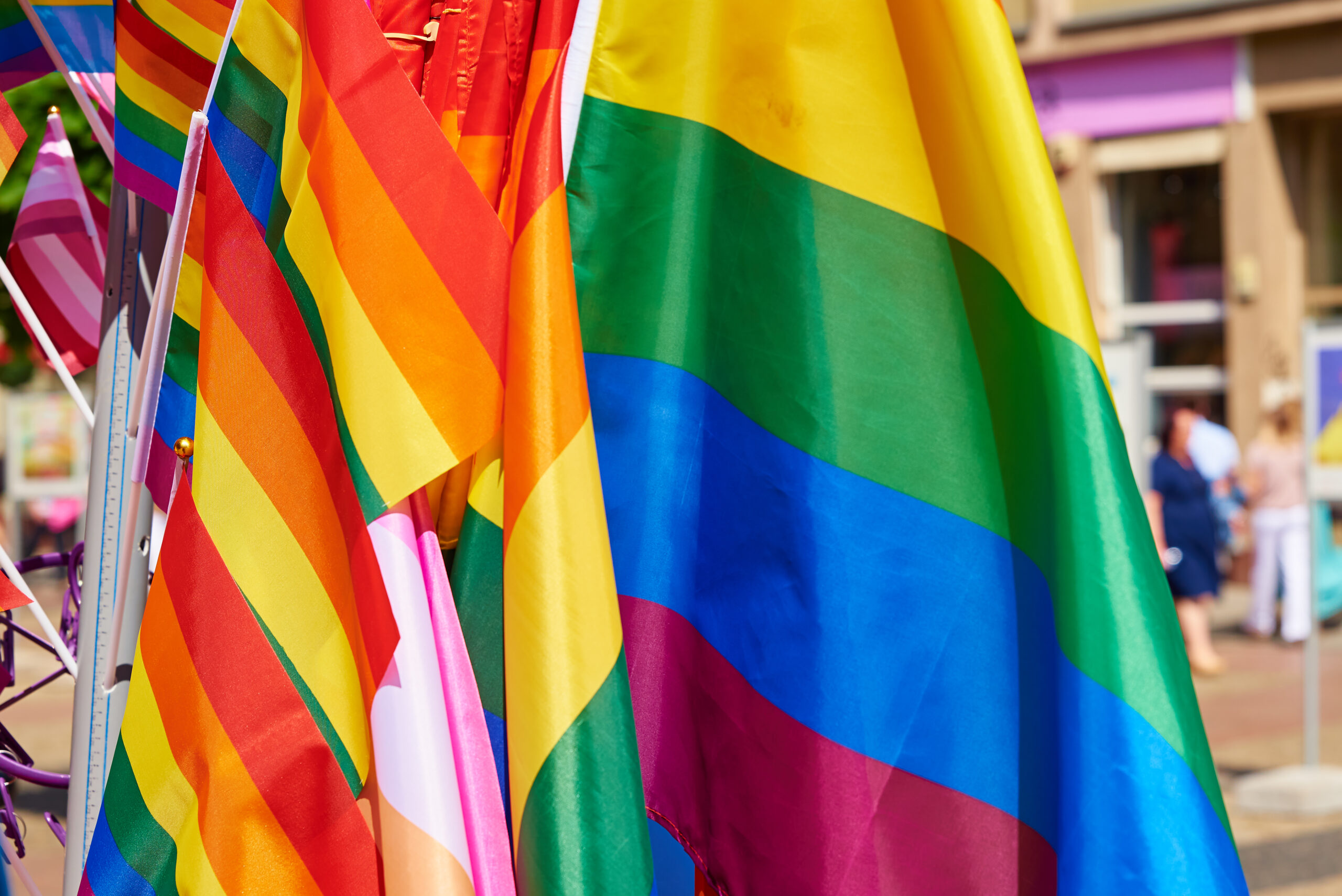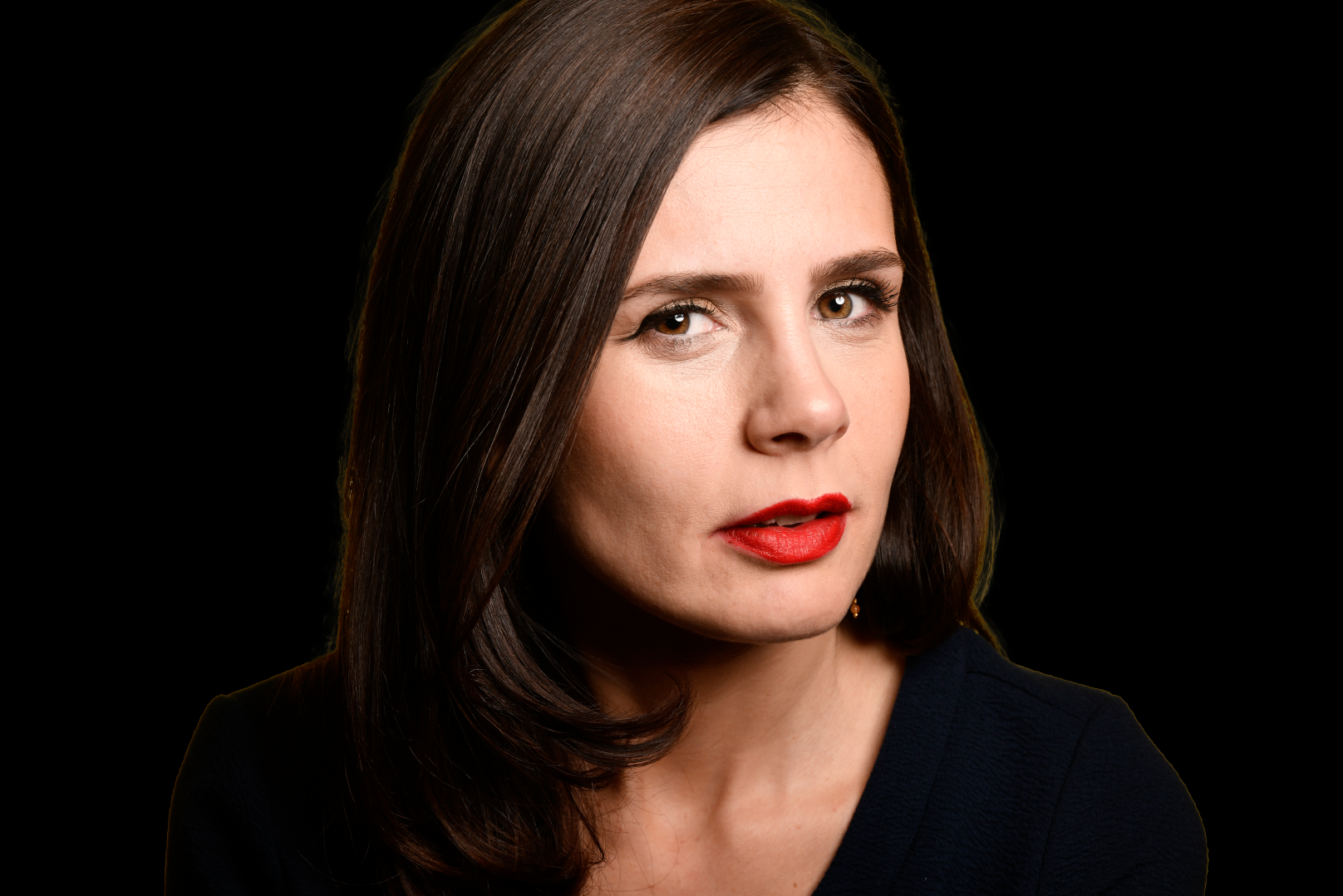
Visible, but not safe
The International Day Against Homophobia and Transphobia is marked with ongoing challenges faced by queer people.
“An often neglected aspect of the discussion on LGBTQ+ rights in Kosovo is economic marginalization and exclusion from the labor market,” said Arbër Nuhiu.
While Morina’s victory remains a significant achievement for the trans community and the broader LGBTQ+ movement in Kosovo, it does not compensate for the existing legal vacuum and procedural uncertainty. Clear legal guidelines are still lacking on how to proceed in cases involving requests to change one’s name and sex marker.
For Arti and Ben, the entire debate and handling of the draft Civil Code has sent a clear message: the state has no intention of recognizing their existence as a couple.
According to Human Rights Watch, the return of the Trump administration has emboldened a global far-right movement, supported by authoritarian leaders, conservative religious groups and large networks that spread disinformation targeting the LGBTQ+ community.

Dafina Halili
Dafina Halili is a senior journalist at K2.0, covering mainly human rights and social justice issues. Dafina has a master’s degree in diversity and the media from the University of Westminster in London, U.K..
This story was originally written in Albanian.